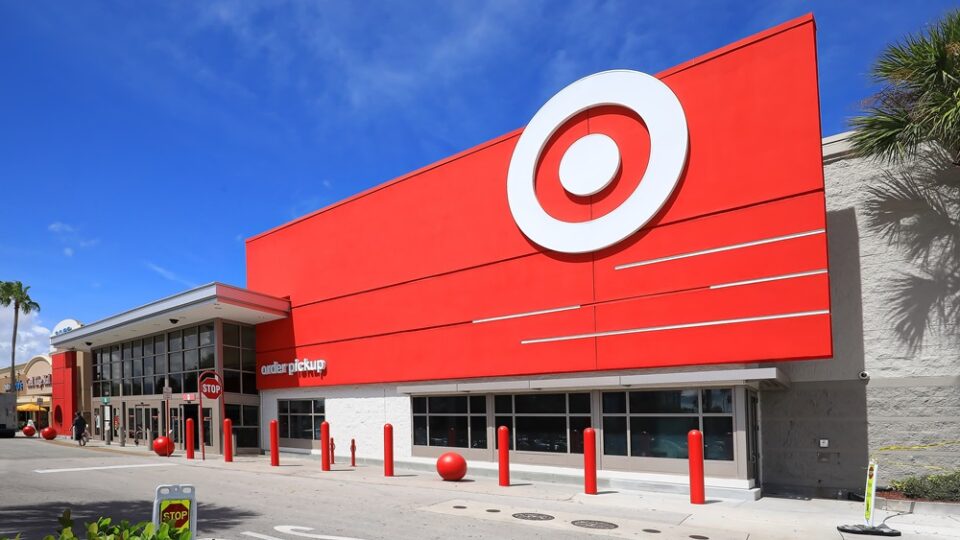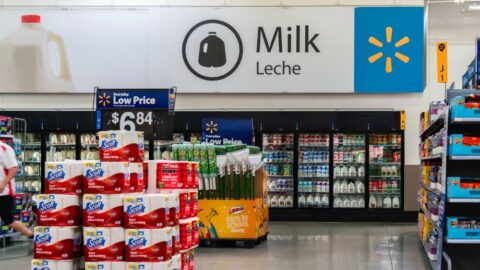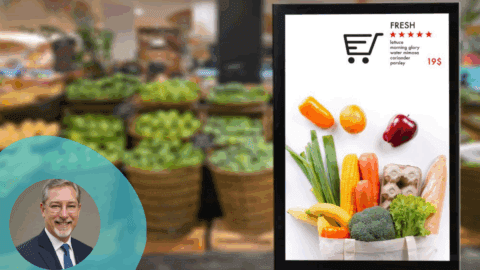The entire retail industry is battling tariff uncertainty and other headwinds, and Target is no exception. The big box retailer reported a 2.8% net sales decline in Q1 2025 compared to the same period the previous year, with net sales falling from $24.5 billion in Q1 2024 to $23.8 billion in Q1 2025, which ended May 3, 2025. Overall comparable sales fell 3.8%, with a 5.7% drop in comparable store sales balanced by comparable digital sales growth of 4.7%.
“I want to be clear that we’re not satisfied with this performance and we’re moving with urgency to navigate through this period of volatility,” said Brian Cornell, Chair and CEO of Target during a conference call discussing the results. “Throughout our operations, we’re focused on consistency and reliability, with an emphasis on retail fundamentals and delivering a superior guest experience that features newness, differentiation and value.”
In the short term, Target is seeking to “remain price competitive by leveraging the capabilities, long-standing relationships, and the scale that set us apart for many of our retail peers,” Cornell added. “For example, we’re fortunate to have a sourcing team with decades of experience and strong partnerships with our global suppliers. As we’re engaging and continuously planning with those vendor partners, we’re moving thoughtfully and contemplating a wide range of potential scenarios.”
Target competitor Walmart also has pledged to do everything it can to keep prices down, but acknowledged earlier this month that tariffs are likely to force the retailer to raise prices.
Reducing Reliance on China-Based Suppliers
Chief Commercial Officer Rick Gomez provided more detail about supply chain alternatives that could help keep Target’s product prices at acceptable levels. “The strategies that the teams are employing as we speak include diversifying the country of production,” he said. “Half of what we sell comes from the U.S., but beyond that, we have the most control of where we produce when it comes to our own brands. And with our own brands, we have been on a multiyear journey to diversify countries of production. So going back to 2017, we were 60% coming out of China. We brought that down to 30%, and we are well on our way to be less than 25% by the end of next year. We are expanding into new countries, Asia as well as the Western Hemisphere, but I think it’s important to note that we’re also exploring opportunities here in the U.S.”
To promote longer-term growth, Target has created a multi-year Enterprise Acceleration Office to be overseen by COO Michael Fiddelke. “The Enterprise Acceleration Office represents a strategic commitment to operating more nimbly across the organization, creating conditions for speed, adaptability, innovation and resilience,” said Cornell in a statement. “It goes beyond improving efficiency to build operational muscles that clear the way for our talented team to deliver for our guests while accelerating our performance and growth.”
Target also has made changes in its leadership team, including the departure of Chief Strategy and Growth Officer Christina Hennington, who will stay on in a strategic role through Sept. 7, 2025. Additionally, Chief Legal and Compliance Officer Amy Tu will be leaving the company, with Chief Human Resources Officer Melissa Kremer overseeing these functions while the company conducts an external search for a permanent replacement.
As noted, Gomez will oversee the Enterprise Acceleration Office, and Prat Vemana, Chief Information and Product Officer, will report directly to Cornell and lead the Target in India capability center. CFO Jim Lee will take on the leadership of Target’s enterprise strategy and partnerships.













